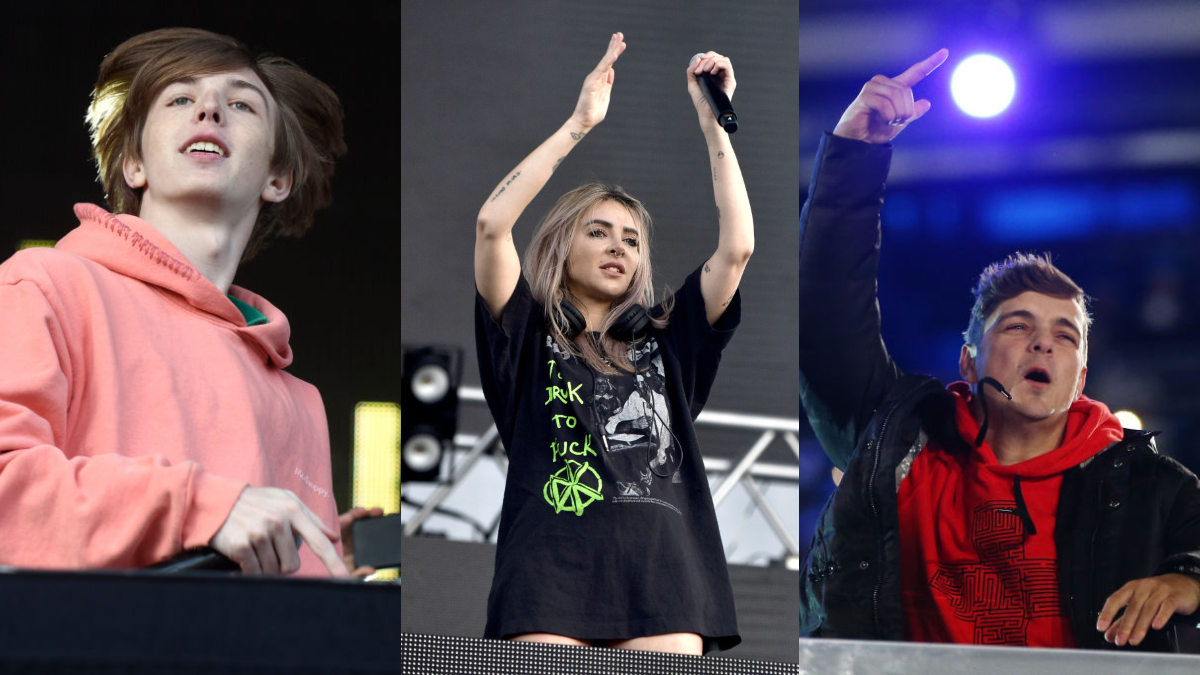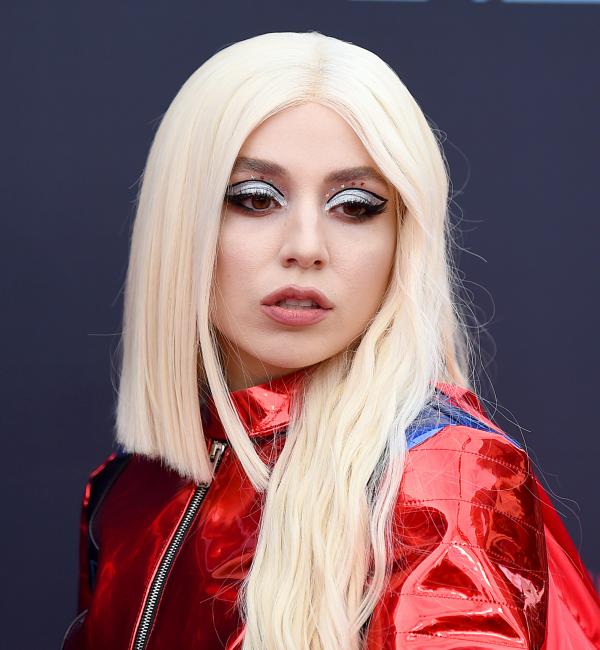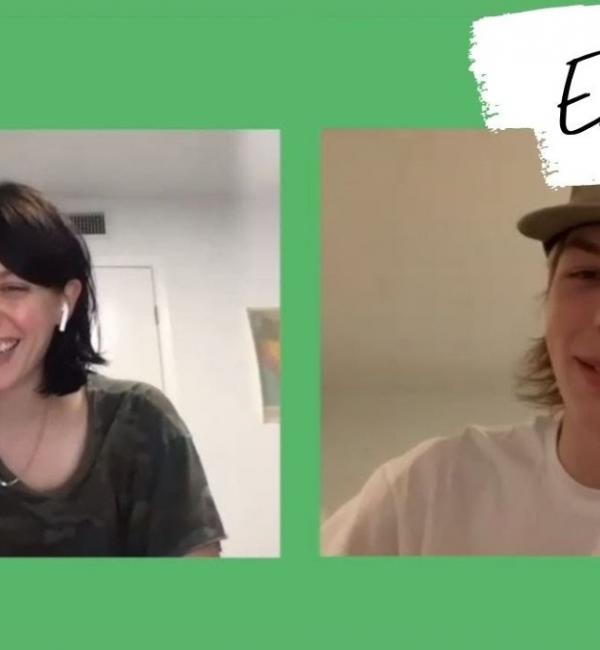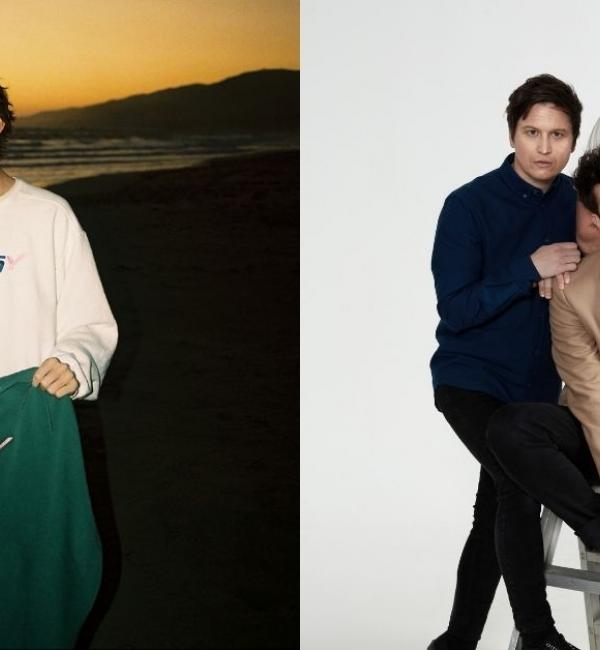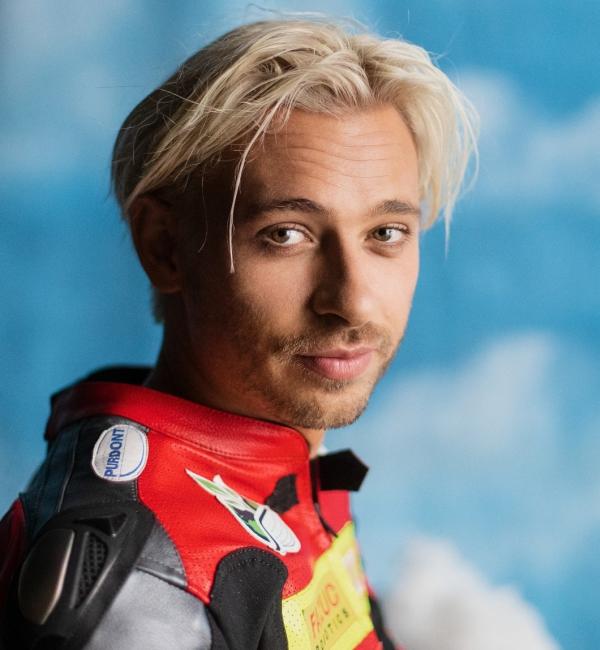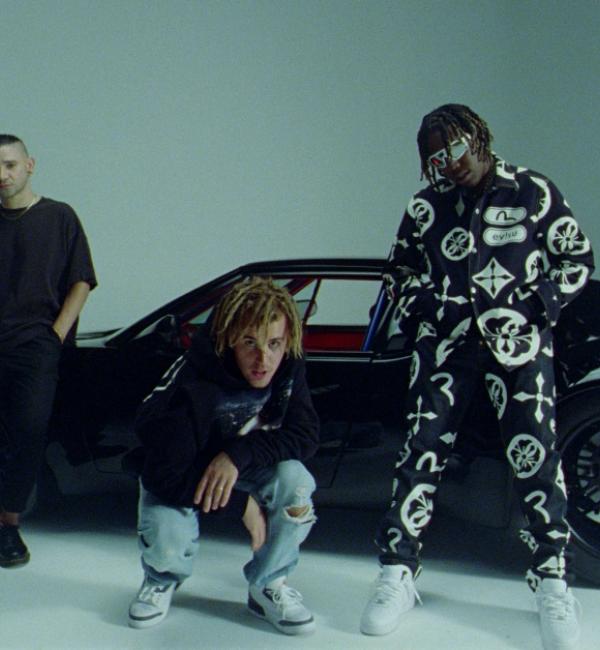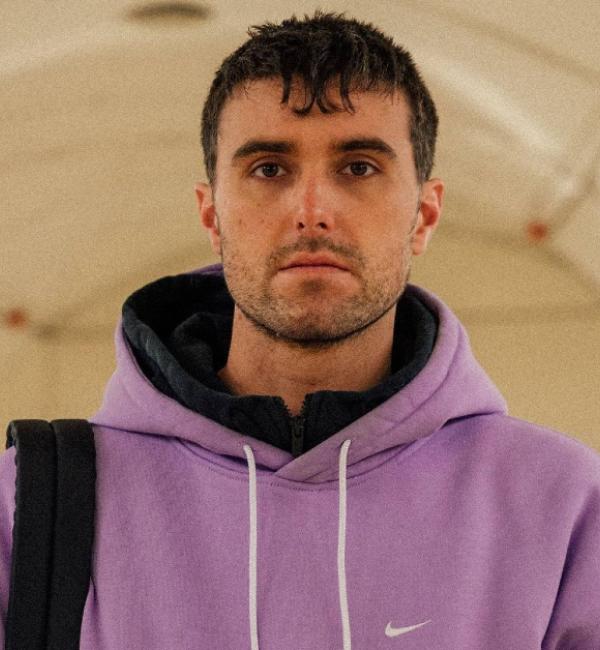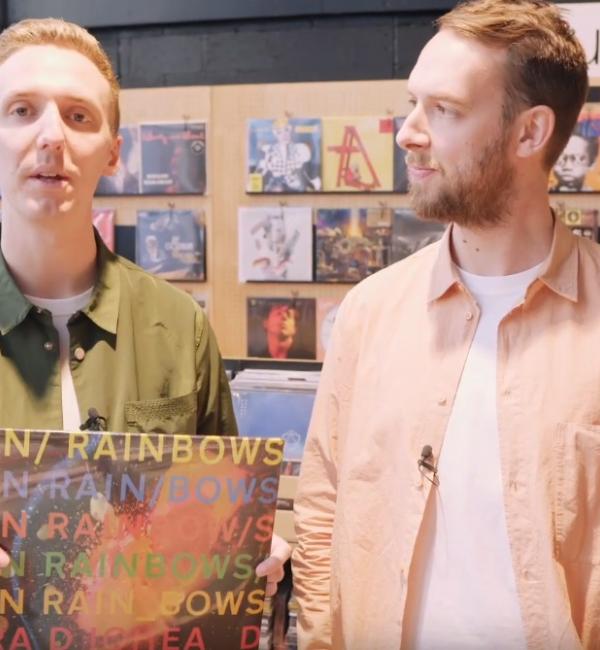
Alison Wonderland: Photo by Tim Mosenfelder/Getty Images
Martin Garrix: Photo by Dan Istitene/Getty Images
Legendary Swedish EDM producer Avicii's tragic passing in April last year saw the music industry as a whole recalibrate. The EDM scene has often been perceived as one that is dominated by male DJs who don't show much emotion, but the past year has seen some of the most influential EDM artists in the world speaking out about how the touring lifestyle (which can be incredibly isolating) is affecting their headspace, as well as making sure they're checking in on themselves, and those around them. Avicii's story led the EDM community to find their voice when it came to the conditions they were experiencing, and meant that artists no longer felt like their situations were unique, but instead, they were able to be heard.
Whereas bands might have fellow band members to rely on for emotional support while on tour, it can often be a lonely one for DJs and producers, whose shows are often solo, with a crew supporting them. This is something that EDM superstar Martin Garrix mentioned in an interview earlier this month, when speaking to Dutch publication Het Parool. Speaking about the aftermath of Avicii's passing, Garrix discussed the toll touring can take. “Of course the load is not only physical but also mental. It is a bizarre life: one moment you are in front of a hundred thousand cheering people, the other you are in bed on your own. That does something to you. Fortunately, I have a great team. Nowadays my family comes more often and there are almost always childhood friends with me. Nice, but they can also keep an eye on me." EDM artists are increasingly counteracting the isolation they can experience on tour by bringing along friends and family, which means they've always got familiar faces surrounding them, even when in the most unfamiliar of locations.
The EDM scene, arguably more so than other music genres, is driven by partying, which goes hand-in-hand with substances. This substance-fuelled lifestyle can wreak havoc on people's sleep schedules, which can affect people's mental health. This lifestyle is often inescapable, as much like any industry, networking is important. EDM artists starting out don't want to rock the boat, and then this lifestyle of consuming substances can become normal and ingrained in the touring culture for said artists, leading to consequences down the track, even if they are unaware of it. After all, if you're sleeping irregular hours, consuming substances on a regular basis, and keeping your body running on fumes rather than regularly checking in with yourself, then you won't be in peak condition.
Speaking to The Guardian back in 2016, producer Steve Aoki referenced just how hard it is for EDM musicians to get some sleep, especially given some of their tour schedules - with EDM shows often going late, and being comparatively easier to transport from city to city, leading to more stacked schedules, this takes a toll on the people involved. “I have friends who can’t sleep on planes, but I don’t know if I could tour if I couldn’t do that because that’s where I sleep. Being on planes and in hotel rooms all the time can be very difficult on the body and brain."
Society is also becoming a lot more accepting of people discussing their mental health issues, even in typically masculine spaces, like EDM is typically considered to be due to the road crews being predominantly male (though this is starting to shift). Social media has seen more and more artists become connected with their fans in way that may previously not have been possible, which in turn has promoted dialogue between the respective parties. Rather than assume that EDM artists are experiencing mental health issues at a catastrophically higher rate than ever before, it instead makes more sense that they're feeling more open to discussing their emotions, and instead of getting ridiculed for it like some may have been afraid of previously, audiences are receptive to the fact that EDM artists are humans too - they're not just music machines.
EDM artists are also no longer pushing themselves past their limits, but rather, they are recognising when they need to rest and recuperate. This was demonstrated during this year's Listen Out festival run, with US producer Whethan returning to the US in order to recover, rather than continue the tour in a mental state that wasn't healthy. He released a statement saying, “I’ve never had to do this before and it is beyond saddening. If you’re expecting to see me play in Perth and Sydney I’m sorry to inform you that I have to cancel. Mentally I am in a place right now that is very worrisome to myself and my team. I’ve been advised by everyone to cancel these shows and try to get some rest back home. Right now I need to take time to focus on my mental and physical health again. I promise next time I’m back I will make it up to you.”
This followed Alison Wonderland earlier in the year tweeting, "It has been advised by both management and doctors that I take some time to recover. I really need to work on my mental health right now. Please respect my privacy at this time. I’m so sorry to anyone who wanted to come watch me play.” Their attitudes towards prioritising mental health is a sign that attitudes are shifting. Being a musician, while creatively fulfilling, also is a job - and sometime, taking time off from your job can be the best thing for you to do, both physically, and mentally.
Madeon has also spoken openly about his struggles with mental health, with it fuelling his new music. Earlier this month, he released his latest single, Be Fine, off his new album, Good Faith and included a note about his struggles leading up to the single dropping.
"After debuting the show at [Lollapalooza] I was more spent and depressed than I expected. I couldn't feel anything at all. It felt wrong finishing and releasing music that celebrated joy when I couldn't feel that joy at all anymore. So I decided to take time and put everything on hold for a bit.
"That's the intimate theme of this work to me: making sense of joy, making sense of darkness. Along the way, over more than three years, Good Faith has been on the horizon, the reason I would fight over and over again to get healthy."
A note - pic.twitter.com/tnuJ8f3ciI
— Madeon (@madeon) October 14, 2019
For artists that are looking for methods to cope with the toll of touring, or are looking for mental health advice in general, then there are services available. Arts Wellbeing Collective have put together a resource called Tour Well, which is specifically designed to provide practical advice to artists who are not only starting out, but also established on the touring circuit. More broadly, musicians are being encouraged to embrace services like Lifeline and BeyondBlue, with the hopes that discussions around mental health will further become normalised within the various music scenes.
It's a huge step in the right direction that EDM musicians are more comfortable discussing their feelings, rather than feeling like they must put up a facade in order to be 'respected'. It's about time that EDM musicians started talking about their experiences with mental health, and it's more important than ever to make sure that everyone around them is listening.
If you, or someone you know, is in crisis, please call Lifeline on 13 11 14 or visit www.lifeline.org.au/gethelp
